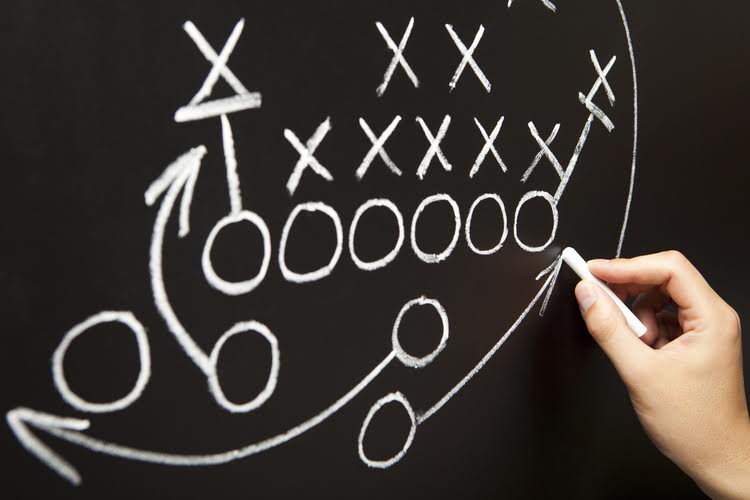We are committed to healing everyone who enters our doors from the inside out. No matter what stage our guests enter treatment, we strive to meet them right where they are. Explore the vital eating disorder statistics & facts, from global prevalence to recovery paths. Discover Trump’s revolutionary approach to drugs policies, from marijuana to opioid crisis management.
Services
- The first step to recovery, according to Alcoholics Anonymous (AA), is to admit that you are powerless over alcohol and that your life has become unmanageable.
- Instances of forced overtime targeting specific individuals or intentional embarrassment can lead to a toxic environment that fosters substance abuse as a coping mechanism.
- This miraculous guide could give you ways to get your life back in order.
- Systemic factors contribute to the marginalization of certain groups, creating environments where they feel powerless.
- From step one, you can continue to the rest of the 12 steps and 12 traditions.
Feeling powerless over alcohol can be a daunting experience, leaving you trapped in a cycle that seems impossible to break. Many people find themselves questioning their relationship with drinking, wondering if it’s time to take back control. Recognizing these power imbalances is crucial for understanding how they affect addiction and recovery processes. Addressing social and economic disparities can pave the way for more effective interventions and support systems for those struggling with addiction issues.
Join our newsletter to get resources, find support, and come heal with us.

Addiction treatment centers often talk about “powerless” as a way examples of powerlessness over alcohol to describe the feeling of being unable to control one’s life. This is different from the inability to manage one’s life, which is what most people think of when they hear the word unmanageable. In fact, many people who struggle with addiction feel like they have little power over their disease but still want to change. Many 12-Step programs are well-known groups that use the concept of powerlessness to benefit recovery. The Alcoholics Anonymous (AA) Big Book says “powerless over alcohol” as its first principle. AA members believe they cannot control their drinking without the help of a higher power.

Myth 4: You Must Seek A “Higher Power” or Turn to Religion
Ambrosia Treatment Center of South Florida is here to help those who struggle with addiction. When you admit that you are powerless to addiction, you are empowered to reach out for support. By admitting that your life has become unmanageable, you open yourself up to letting go of control and gain acceptance of yourself. Experiencing powerlessness over alcohol often manifests in various personal journeys. These stories illustrate the struggles many face and highlight the path toward recovery.
These people can offer understanding and Sobriety encouragement as you take steps to improve your life. Coming to terms with powerlessness can be one of the most challenging aspects of Step One. It’s not easy to admit that something as seemingly controllable as substance use or addictive behavior has taken control of your life.
It was a statistical fact that alcoholics rarely recovered on their own resources” (p. 22). Need help with designing your brand new website or you have any idea and thinking of getting it’s branding done then get a FREE quote today. Moreover, long-term effects can lead to complications that significantly impact quality of life. Understanding these definitions clarifies your relationship with alcohol.
Efforts to dismantle systemic injustices involve recognizing the experiences of those affected and implementing changes that promote equity and inclusion. Explore the deadliest effects of drugs, from health impacts to addiction risks, and find a path to recovery. Powerlessness can perpetuate the cycle of addiction, making it difficult for individuals to seek help. For more insights into setting boundaries, you can refer to our guide on how to set boundaries with a spouse battling alcoholism.

Power Dynamics in Relationships
By admitting that you are currently powerless, you make room to restore power by seeking assistance. At that point, you may discover it’s easy to move on to Step 2 of AA—and all the ones that follow. Understanding how powerlessness affects relationships can offer a clearer perspective on the emotional landscape individuals navigate in their partnerships. Those experiencing these dynamics might benefit from exploring strategies that promote empowerment and foster healthier communication patterns. For more information on setting boundaries within challenging relationships, see our guide on how to set boundaries with a spouse battling alcoholism.
- What research has discovered is that acceptance of this step should be centered on the person and what they believe is problematic.
- Clients get feedback from their community members, which allows them to be both challenged and supported.
- Are you ready to find freedom and strength over your destructive drinking habits?
Benefits of Acceptance
This acknowledgment serves as a form of strength, allowing individuals to focus on their recovery journey 1. Step One marks the beginning of a lifelong commitment to connection, support, and personal growth. As individuals continue to work through the 12 steps, their understanding of powerlessness and unmanageability deepens, offering inspiration and guidance to others on their recovery journeys. The act of helping others and giving back to the recovery community https://ecosoberhouse.com/ becomes a meaningful way to repay the support received. These societal dynamics can perpetuate cycles of powerlessness, making it challenging for affected individuals to achieve stability and equity.
In this scenario, one partner feels their needs are not being addressed, leading them to demand more from the relationship. Simultaneously, the other partner tends to withdraw from communication and intimacy, avoiding the confrontation of these unmet needs. This cycle can create significant tension and conflict over seemingly trivial issues, such as household chores or communication styles. This emotional turmoil can lead to behaviors that further perpetuate the cycle of powerlessness. Signs of an unmanageable life can be broken down into 2 different categories, internal and external factors.
